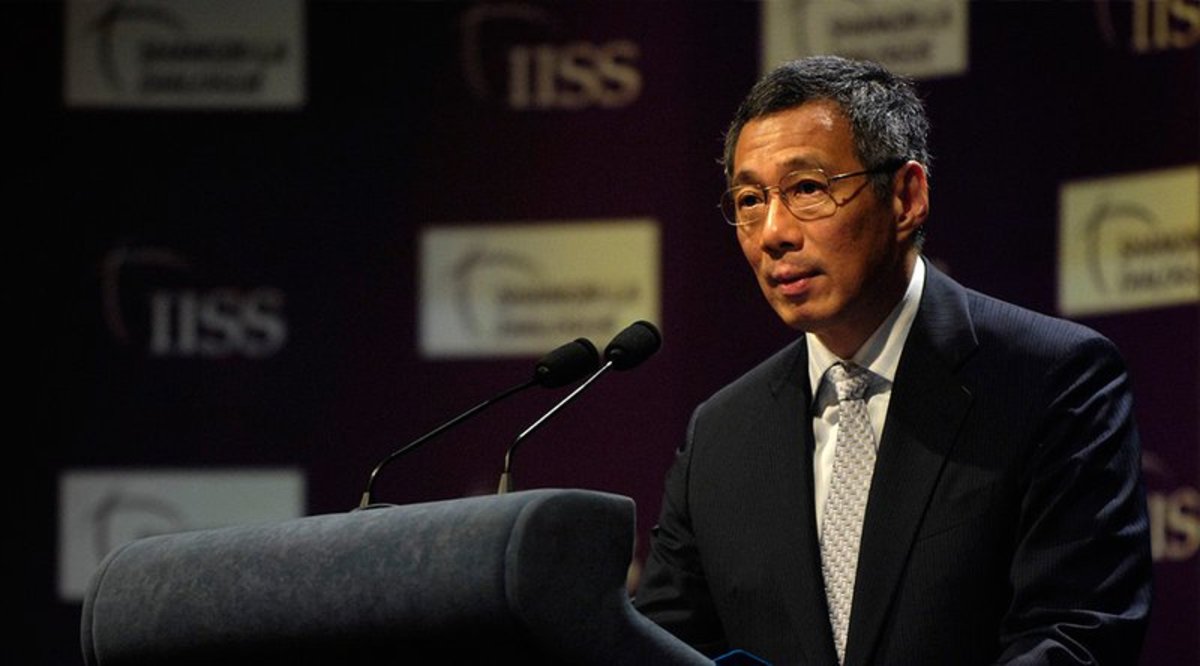
In a talk given at the United Overseas Bank 80th anniversary dinner held on Thursday, Singapore’s Prime Minister Hsien Loong advised the country’s banks and regulators to explore the advantages and unique applications of emerging technologies such as Bitcoin and its underlying technology, the blockchain.
Loong proposed an extensive examination and research of the Bitcoin network’s ability to handle real-time settlements and automated verification of transactions and payments. He further emphasized the significance of financial technologies like the Bitcoin network in building strong regional and international presence for the country’s banks and financial institutions.
“Blockchain, which is used for bitcoin can also be used for many other applications like real-time gross settlement and trade finance verification,” said Loong.
“So our banks and regulators must keep up-to-date with these developments. The banks are in a strong position. We are in the heart of rising Asia. The banks have strong balance sheets, and with a strong regional presence they can take advantage of many opportunities around them.”
In April 2015, the Singaporean government announced its ambitious plans to become Asia’s leading blockchain and financial technology hub through the development of friendly regulatory environment for fintech and blockchain-focused startups.
Since then, various government agencies including national-level coordinating agency Smart Nations Global Initiative have continued to maintain close relationships with startups aiming to develop unique financial applications and platforms which could potentially optimize and enhance existing banking systems.
Under the leadership of Singapore’s Minister for Foreign Affairs and Cabinet Minister Vivian Balakrishnan, the Smart Nations Initiative participated in various fintech and blockchain-focused startup conferences, to help startups communicate and work with established financial institutions in the country.
“My interest in bitcoin is the concept of a distributed ledger which does not depend on a central authority,” Balakrishnan stated at a startup conference hosted by Singaporean startup incubator JTC LaunchPad.
Balakrishnan explained that most of Singapore’s current financial problems could be solved through the development and implementation of peer-to-peer (P2P) transaction networks and secure transaction verification and facilitation systems.
“In this concept where we can have a decentralized ledger where there can be peer-to-peer transactions, which can be facilitated and authorized, I think there is something going on here. Bitcoin is not just money. It goes far beyond money,” he added.
Loong further explicated the “financial problems” which Balakrishnan mentioned during his speech, and stated that international banks and financial institutions are far better than those in Singapore, in terms of technologies, business models and consumer feedback.
Loong believes that the banks of Singapore should capitalize on the limitations of international financial institutions by adopting to more advanced and efficient payment and transaction systems, such as Bitcoin.
“Banks must know this is a very competitive business which continues to evolve rapidly. So, they have to keep on upgrading their technologies, services and business models. While our banks are very good overall, other international banks are better than us in almost every specific area”, said Loong.










